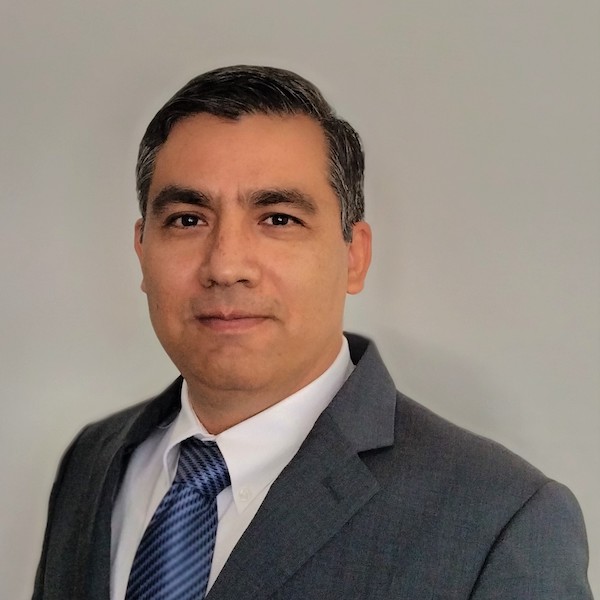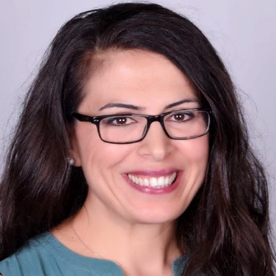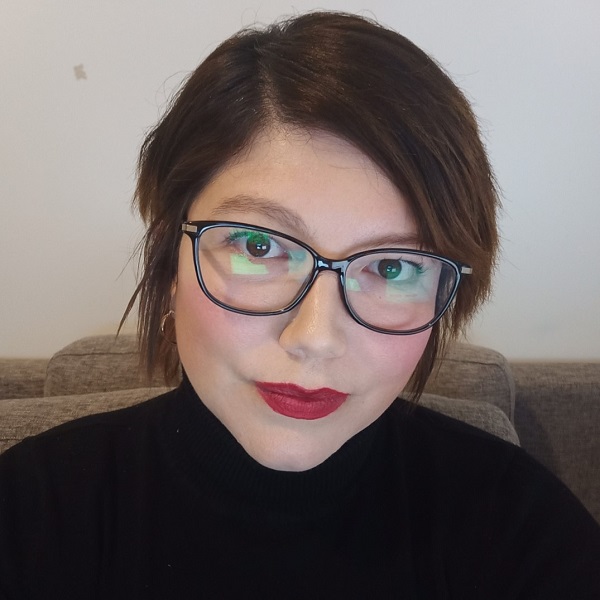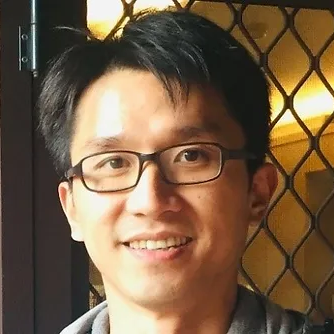SDSU Imperial Valley’s Bachelor of Science in Public Health with emphasis in Environmental Health
Overview
SDSU Imperial Valley’s new Bachelor of Science in Public Health with emphasis in Environmental Health degree program – an expansion of SDSU’s School of Public Health program – specializes in disciplines of epidemiology, environmental health, occupational health, health services administration and behavioral health. Students enrolled in the degree program will have opportunities to learn beyond the classroom through internships and related faculty-led research. The bachelor’s degree in Public Health with emphasis in Environmental Health at SDSU Imperial Valley is set to start in Fall 2024.
Transforming Your Future
Earning a bachelor’s degree in public health opens diverse career opportunities that will empower you to positively impact the wellbeing of our region. Potential career pathways include:
- Environmental or Community Health
- Epidemiology
- Medical Practice
- Social and Behavioral Science
- Communications
- Public Health Education
- Public Policy and Administration
- Emergency Management
- Global or Mental Health
- Air quality or air pollution technician
- Toxicology related careers
- Occupational health technician
Benefits of earning a bachelor’s degree in public health
- High-paying jobs
- Career development: entry level to junior associate positions
- Self-directed applied practice experiences
- Promote a healthy environment: expand public health knowledge and skills
- Opportunity to specialize in different MPH concentrations
- Engage in community outreach: make a difference in your community
Meet Our Faculty

(M.I.T.) and a M.Sc. in Environmental Sciences from the Tecnológico de Monterrey in Mexico. His research topics include air quality modeling, low cost community air sensors, emissions inventory development, source apportionment, air toxics monitoring, characterizing personal exposure and health disparities within local communities, assessing the pollution impacts of US-Mexico Ports of Entry, and others.
His expertise includes the application of air quality models for understanding the physical and chemical processes that drive air pollution and the estimation of air quality and public health impacts, the evaluation of criteria, air toxics, and greenhouse gasses emissions inventories,
evaluation of air quality management programs, and analysis of meteorological processes that control air pollution.


Her work aims to connect health, environment, gender equality, social inclusion, and diversity towards a sustainable future. She’s also a member of the HB Women in STEMM Leadership program, acting against climate change on a global scale by observing its effects in Antarctica and increasing women’s
leadership. In 2021, she received the Hispanic Women of the Year Merit
Award (QC, Canada).

Research Grants
Request for Proposals (RFP): Salton Sea Renewable Resource Health Impact Assessment
Environmental Health Assessment: Evaluate current perceived environmental health risks and disparities among community members residing within Imperial Valley.
Improving Biomass Burning Estimate in Mexico
The purpose of this project is to develop a fast-track process to create annual biomass-burning inventories from the available Visible Infrared Imaging Radiometer Suite (VIIRS), VIIRS Active Fire and Thermal Anomalies archive satellite imagery, calculate fuel consumption, estimate emission (smoke) production suitable for use in various air quality models and differentiate the types of biomass burning based on various fuel classification codes (FCCS), or fuel beds.
Transfer Pathway
For students interested in transferring from Imperial Valley College (IVC) to SDSU Imperial Valley, the list below showcases the four-year academic pathway.
YEAR 1 – IVC
Fall Semester*
- Any Area A2 course (see IVC advisor)
- BIOL 100
- CHEM 100
- COMM100
- HE 103
Spring Semester*
- Any Area A3 course (see IVC advisor)
- Any Area C1 course (see IVC advisor)
- BIOL 200 or BIOL 204
- MATH 150 or 190 or 192
- POLS 110
Summer Semester
- PH 292: Student must cross-enroll in Online SDSU San Diego course
YEAR 2 – IVC
Fall Semester*
- Any Area C2 course (see IVC advisor)
- BIOL 202 or 206
- CHIC 100
- PSY 101 or SOC 101
- HE 102
Spring Semester*
- Any Area C1 or C2 Course (see IVC advisor)
- BIOL 220
- MATH 119
- CHEM 130: Student must cross-enroll in Online SDSU Imperial Valley course
YEAR 3 – SDSU Imperial Valley
Fall Semester
- PH 300
- PH 302
- PH 307
- PH 452
- RWS 305W
Spring Semester
- PH 362
- PH 304
- PH 306
- PH 401
Summer Semester
- PH 450 (Online course)
- PH 305 (Online course)
YEAR 4 – SDSU Imperial Valley
Fall Semester
- PH 451
- PH 538A
- PH 490A
- PH 490B
- PH 499 or Elective (see SDSU Imperial Valley advisor)
Spring Semester
- GEN S 340 (PH 340)
- MUSIC 345 or HIST 440 (or similar course)
- PH 490C
- PH 497 or 499 or Elective (see SDSU Imperial Valley advisor)
Schedule a Meeting
For more information about the curriculum and the major, please contact: David Kanaan, chair of SDSU Imperial Valley Division Professional Studies [email protected].
View our SPH IV Brochure (pdf)
Contact Us
SDSU School of Public Health
San Diego, CA 92182-4162
